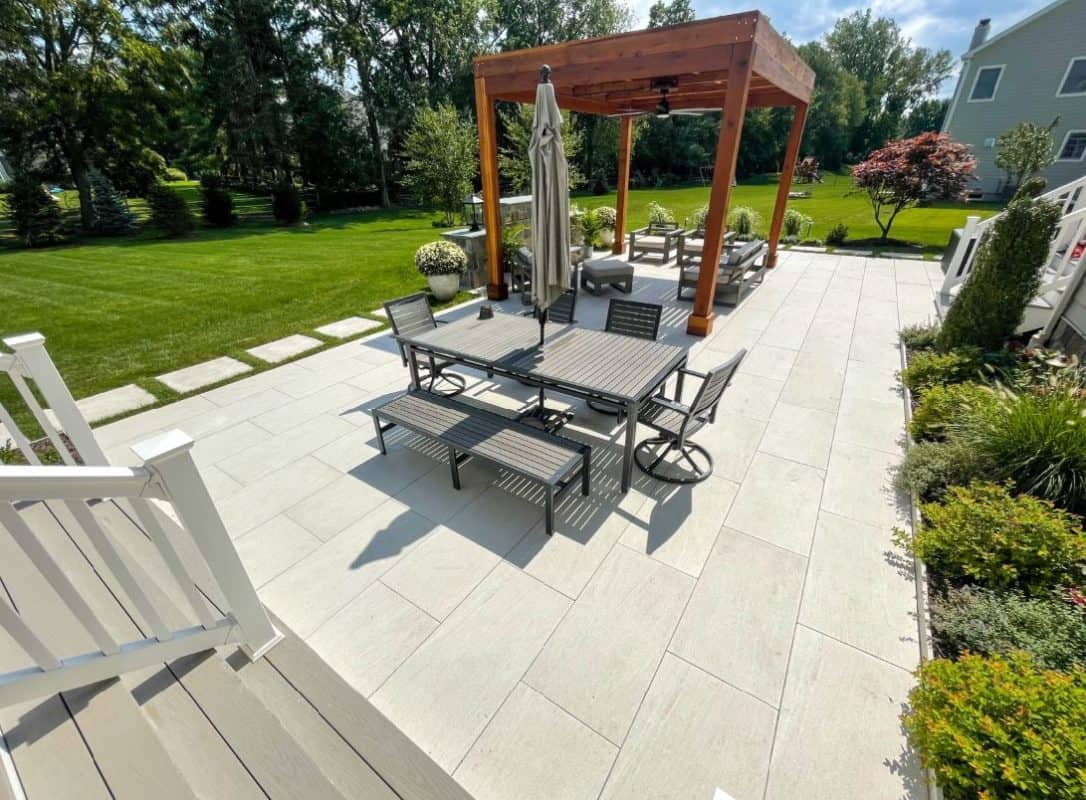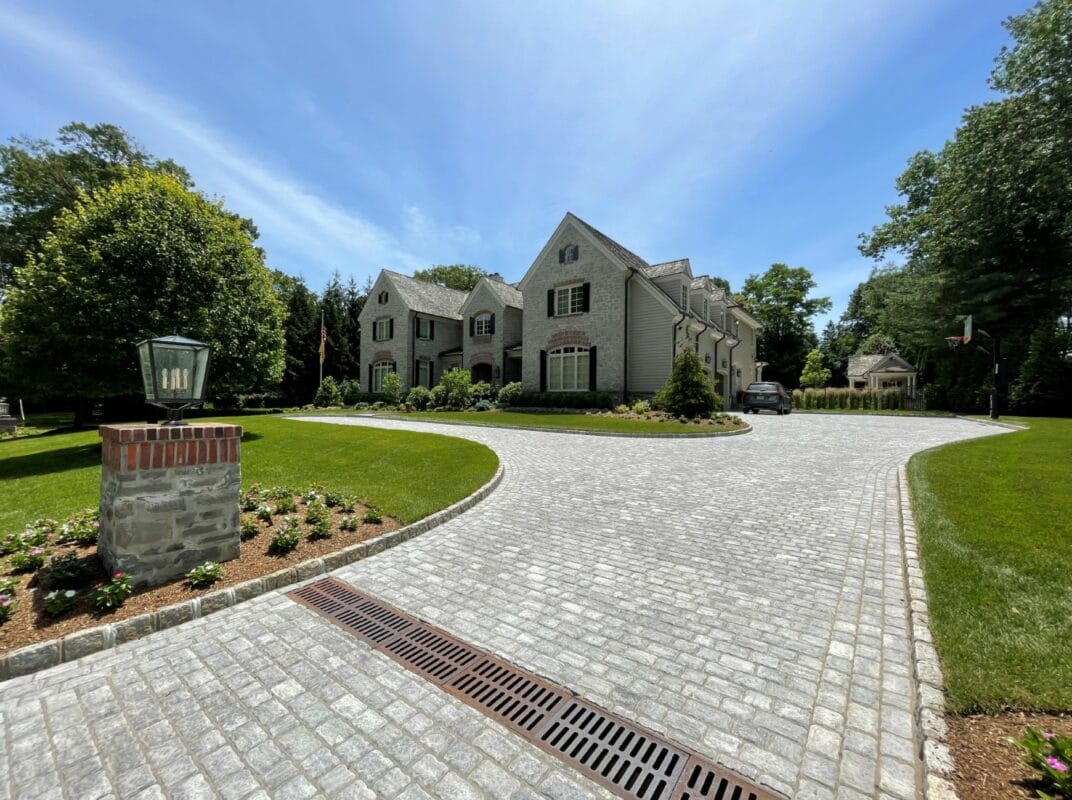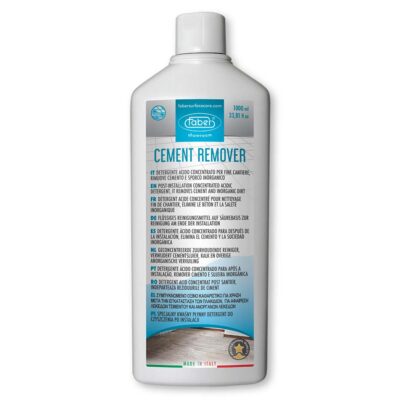Porcelain Pavers vs Concrete Pavers is one of the most common discussions among homeowners looking for the best option to upgrade their pavers. You will also find yourself wondering if you are also considering a paver for your home. You will come across these two most frequently. They are often suggested by project managers and architects alike. From a driveway to a patio, both of them are excellent choices. However, knowing their differences will help you choose the right outdoor flooring options. We have just created the Paver Comparison chart and discussed them in detail below so you know what is best between porcelain and concrete pavers. Check out this quick guide to learn more about their pros and cons.
When it comes to choosing the right flooring for your outdoor spaces, there are plenty of options to consider. Two popular choices are porcelain pavers and concrete. Both have their own unique benefits and drawbacks, but which one is the better choice for your landscaping needs? In this blog post, we will take a closer look at the pros and cons of each option to help you make an informed decision. So the question is: Porcelain Pavers vs Concrete Pavers: Which is best for your project?
Porcelain Pavers
Porcelain pavers are a popular choice for outdoor flooring because of their durability and low-maintenance. They are made from a type of ceramic that is fired at a high temperature, making them extremely strong and resistant to wear and tear. They are also resistant to fading, staining, and cracking, making them a great option for high-traffic areas. Additionally, porcelain pavers are easy to clean and maintain, making them a great option for busy homeowners. They are also slip-resistant, which makes them a great option for areas around swimming pools or other areas where water may be present. The wide range of designs and colors available in porcelain pavers makes them a great option for homeowners who want to add a touch of style to their outdoor spaces. If you are looking for the best quality porcelain pavers, look no further than NT Pavers. They offer a wide variety of porcelain pavers that will enhance the look of any outdoor space.
Concrete Pavers
On the other hand, concrete is a more traditional choice for outdoor flooring. It is a versatile material that can be used in a variety of ways, from stamped concrete to colored and polished concrete. It is also relatively cheap and easy to install, making it a popular choice for homeowners on a budget. However, concrete is not as durable as porcelain pavers, and it can crack and stain over time. Additionally, it can be difficult to repair if it becomes damaged. Concrete is also more porous than porcelain pavers, which means it can absorb stains more easily and requires more maintenance to keep it looking clean.
Comparison of Porcelain Pavers vs Concrete Pavers
| Feature | Porcelain Pavers | Concrete Pavers |
| Material Composition | Made from dense, high-quality clay, baked at high temperatures | Made from a mix of cement, sand, aggregate, and water |
| Durability | Highly durable, resistant to cracking, scratching, and wear | Durable, but can crack and wear over time |
| Water Absorption | Extremely low (less than 0.5%) | Higher water absorption, leading to potential freeze-thaw damage |
| Maintenance | Low maintenance, easy to clean, resistant to staining | Requires sealing to prevent stains, can be harder to clean |
| Aesthetic Variety | A wide range of colors, textures, and finishes, including stone and wood looks | Variety of colors and finishes, but more limited compared to porcelain |
| Slip Resistance | It Can be manufactured with textured surfaces for slip resistance | Generally, good slip resistance, especially when textured |
| Installation | Can be more complex, requiring specific adhesives and tools | Easier to install, can use standard sand or gravel base |
| Environmental Impact | Lower environmental impact, often made from natural materials | Higher carbon footprint due to cement production |
| Weather Resistance | Excellent Resistance to Weather Changes and UV rays | Can Fade or deteriorate under harsh weather conditions |
| Versatility | Suitable for a variety of applications, including driveways, patios, and pool decks | Versatile, but heavier and thicker options needed for heavy loads |
Porcelain Pavers vs Concrete Pavers: A Detailed Comparison
If the above chart isn’t enough for you then the following is a detailed comparison of both porcelain and concrete. Read them out for a better idea.
Material Composition
Let’s start with the material nature. The Porcelain Pavers are made from dense, high-quality clay. It is baked at extremely high temperatures. The process is aimed at making it very strong and durable. Concrete Pavers, on the other hand, are created with a mix of cement, sand, aggregate, and water. Though concrete is also strong, it tends to crack and wear over time compared to porcelain. When looking for outdoor flooring options, understanding the material composition is crucial for paver comparison.
Durability
The durability of pavers is crucial when your goal is to use them for the long term. Porcelain pavers are popular for their durability and resistance against cracking, scratching, and wearing. This is due to their thicker composition and high-temperature manufacturing process. Concrete pavers on the other hand are durable but they are prone to cracking, especially in areas with freeze-thaw cycles. Over time, concrete pavers can wear down and require more frequent replacement.
Water Absorption
Porcelain pavers come with the lowest water absorption rates. It is typically less than 0.5%. This makes them highly resistant to damage from harsh winter and rainy conditions. Because water will not penetrate and make its way within the material. Concrete pavers, however, come with higher water absorption. This can lead to cracking and damage in cold climates. The low water absorption in pavers is crucial for maintaining their integrity in various weather conditions.
Maintenance
Choosing pavers with low-maintenance features can save time and effort in the long run. Porcelain pavers feature low maintenance and are easy to clean. This is because of their non-porous surface that is stain-resistant and you will not have to seal it. Concrete pavers are more porous and they can stain more easily. They often require sealing so they can maintain their appearance and prevent stains. For these stain you can browse our specialized cleaning and sealing products such as Cement Remover and Tile Cleaner for Porcelain.
Aesthetic Variety
It’s important to have slip-resistant pavers in outdoor and wet areas. The surfaces of porcelain and concrete pavers can be textured to prevent slips. It is however possible to design porcelain pavers with high slip resistance, making them perfect for areas around pools. The slip resistance of concrete pavers is generally good, especially when they’re textured, but they may need more maintenance to keep their properties.
Slip Resistance
Both porcelain and concrete pavers can be manufactured with textured surfaces to provide slip resistance. However, porcelain pavers can be specifically designed to have high slip resistance, making them suitable for areas around pools and other wet environments. Concrete pavers generally have good slip resistance, particularly when textured, but may require more maintenance to retain this property. Slip resistance in pavers is crucial for safety in outdoor and wet areas.
Environmental Impact
If you want to reduce your footprints then opt for the porcelain pavers are fully recyclable. They have minimal environmental impact. You can contribute to creating an environmentally friendly outdoor space with porcelain. Concrete pavers on the other hand have a higher environmental impact because cement is a major part of its production. However, it is partially recyclable, but the extent to which it can be recycled depends on local recycling facilities and the specific composition of the concrete.
Cost
When it comes to cost, porcelain pavers are generally more expensive than concrete, but it’s important to keep in mind that the cost of maintenance and repairs over the years should be taken into consideration. Porcelain pavers are a more costly upfront investment but they are often more cost-effective in the long run due to their durability and low maintenance requirements. If you are looking for the best deal on porcelain pavers, NT Pavers has a wide variety of porcelain pavers at competitive prices.
Design Options
Porcelain pavers offer a wide variety of design options, thanks to the many different colors, patterns, and finishes available. They can be used to create an elegant, modern look or a rustic, natural feel, depending on your preferences. Concrete, on the other hand, is more limited in terms of design options. While it can be stained or stamped to create a variety of patterns, the color choices are more limited.
Final Words
So, here you have a detailed comparison of both porcelain and concrete pavers. They have their unique advantages and disadvantages. Porcelain pavers offer high levels of durability, low maintenance, excellent weather resistance, and a wide range of aesthetic options which makes them an ideal choice for premium projects. Concrete pavers are affordable, easier to install, and versatile side which makes them a popular choice for budget-conscious projects.
Choosing between porcelain and concrete pavers will still depend on the specific needs, budget, and preferences of your project. Whether you’re considering outdoor paving solutions or looking for the best pavers for patios, understanding the pros and cons of each material can help you make an informed decision. With this guide, you can make an informed decision and choose what exactly suits your requirements. So, read out and choose accordingly. It is also a good idea to talk to a professional landscaper or contractor who can help you make the best choice for your specific project. If you decide to go with porcelain pavers, don’t forget to check out NT Pavers collection for the best selection and prices. Contact Us Today to Elevate Your Project with NT Pavers!
- Porcelain pavers are more durable than concrete, making them a better option for high-traffic areas.
- Porcelain pavers offer a wider variety of design options, allowing for a more custom look for your outdoor space.
- Porcelain pavers require less maintenance than concrete, making them a more convenient option for busy homeowners.
- While porcelain pavers may have a higher initial cost, they are more cost-effective in the long run due to their durability and low maintenance requirements.
- Overall, porcelain pavers are the better option for outdoor paving projects.






